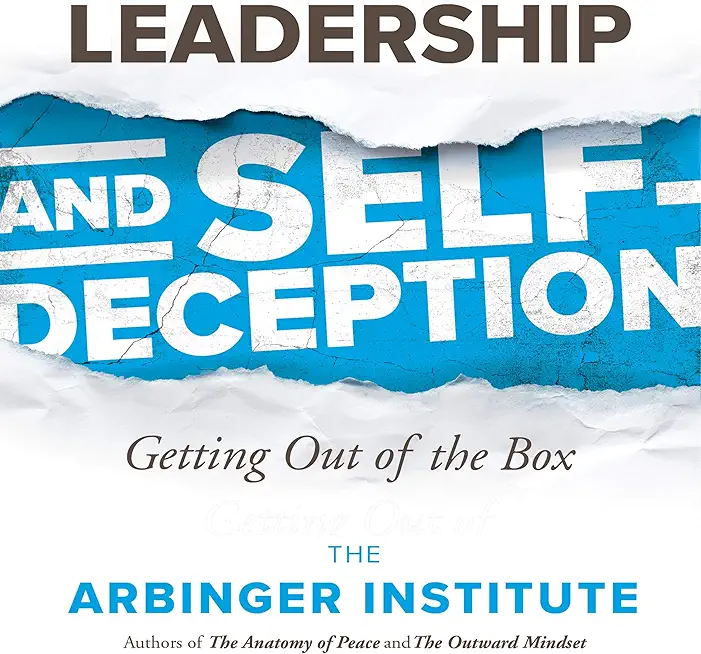
What’s Really Going On With AI Rules
Alright, let’s cut to the chase: AI companies aren’t exactly fighting the good fight for us. Forget curing diseases or saving the country—these folks are laser-focused on one thing: making a quick hundred billion bucks. Yeah, that’s billion with a B, and they want it fast. The whole “AI will change the world” hype?
Part of the pitch, sure. But behind the scenes, it’s a scramble to lock in laws that grease their wheels and keep pesky regulators off their backs. Here’s the kicker: these companies have been pouring millions into lobbying and crafting legislation that, if it had passed, would’ve barred states from regulating AI for a solid five or even ten years. Imagine that—no state-level oversight while this tech runs wild. It’s like handing the keys of the city to a bunch of speeders and saying, “Go nuts, just don’t crash into Washington.” And why would they do that?
Because speed and scale give them a massive advantage in dominating markets and, of course, racking up profits. ## Why The Ban on AI Rules Would’ve Been a Disaster. You might be thinking, “Okay, but wouldn’t a pause help create uniform rules and prevent a patchwork mess?” That’s what lobbyists tried to sell Congress. But anyone who’s paid attention to tech’s history knows better. Take social media: it took nearly a decade for lawmakers to even scratch the surface of regulating platforms. By then, business models were locked in, bad habits entrenched, and the consequences—privacy breaches, misinformation, polarization—were already wreaking havoc. Experts like Amba Kak from the AI Now Institute nailed it: if you wait years before letting states step in, you’re basically handing the tech giants a free pass to set the rules on their own terms. By the time federal regulations finally catch up, it’s way too late. The damage is done, and playing regulatory catch-up is like trying to untangle a ball of Christmas lights during a blackout.




So Why Did Senators Flip Their Script
Here’s a bit of good news: a bunch of senators finally came to their senses and killed the idea of a sweeping ban on state AI regulations. This isn’t a minor political blip—it’s a big deal. It means lawmakers recognized that stifling states from acting now would’ve been a long-term disaster. It shows some rare clarity when it comes to tech policy, which is usually as murky as a swamp. But don’t get too comfortable. Just because the ban got axed doesn’t mean the fight is over. AI companies will keep pushing for as much breathing room as they can get. And given the stakes—billions of dollars and the future of how AI shapes society—they’ve got all the incentive in the world to keep playing the long game. ## What You Should Be Watching Next. So what’s the real takeaway here?
If you’re wondering why AI regulation feels slow and messy, it’s because it *is* slow and messy. The tech moves fast. Lobbyists move faster. And lawmakers are stuck trying to catch up while the clock ticks. The best bet is to keep an eye on how states move forward now that they’ve got the green light. They might become the real testing grounds for what responsible AI governance looks like—or a wild west where Big Tech’s influence still runs rampant. Bottom line: Don’t buy the hype that AI companies are angels looking out for our best interests. They’re more like high-stakes gamblers trying to lock the deck in their favor. And it’s up to us—citizens, watchdogs, and yes, lawmakers who actually care—to make sure that deck doesn’t get stacked beyond repair. So yeah, AI is powerful, and it’s coming—fast. But here’s the thing: power without checks is just trouble in a shiny package. And right now, the fight to keep those checks alive is one of the most important stories you’re probably not hearing enough about. Keep watching, ask the hard questions, and don’t let anyone sell you the fantasy that regulation is the enemy here. Because without it, we’re all just passengers on a runaway train.



